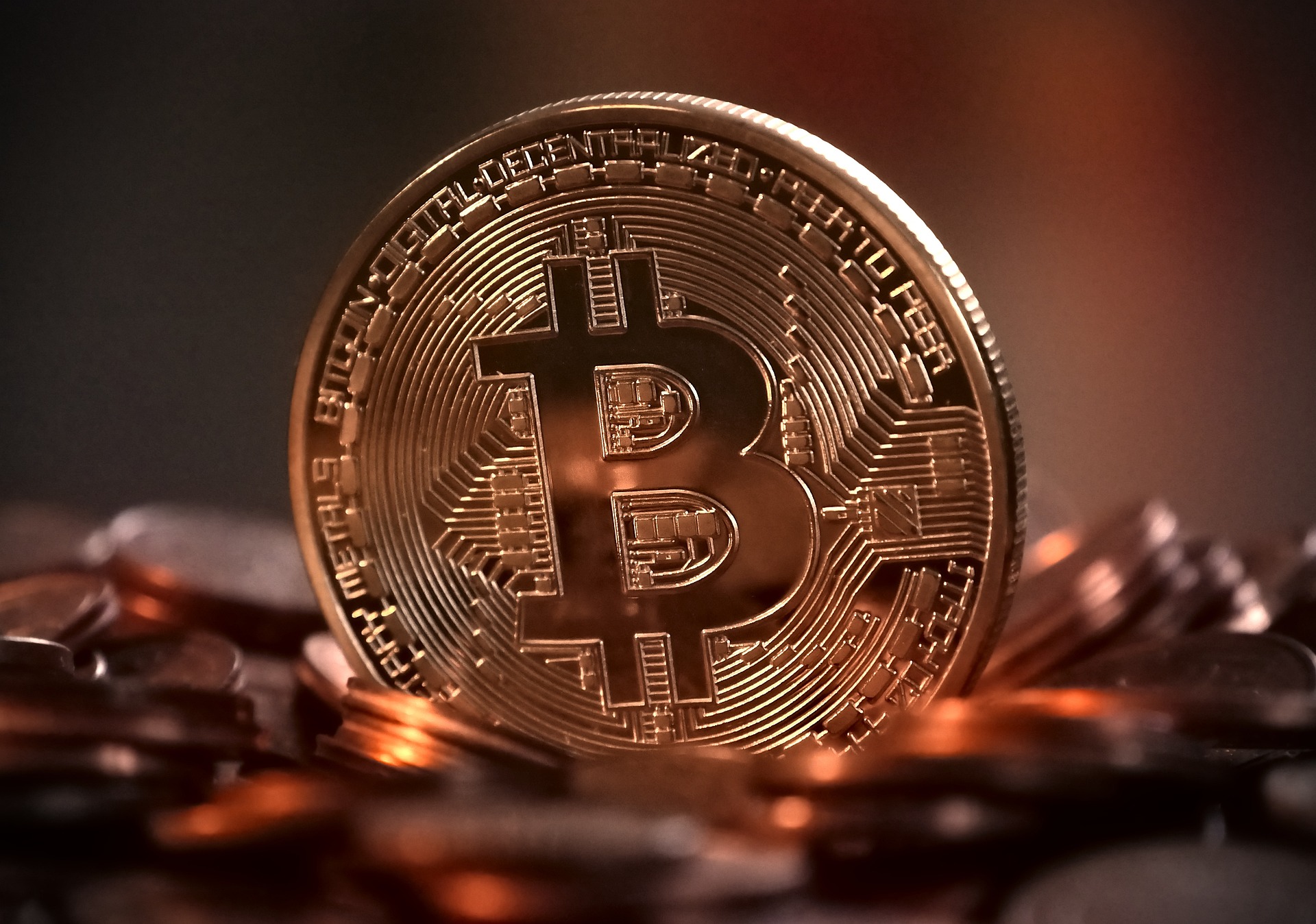Crypto Regulation - What Is Its Current State Globally?
Governments across the globe are looking at methods for crypto regulation as it evolves from a speculative investment to a new asset class. The global adoption of cryptocurrencies has coincided with the establishment of a slew of legislation designed to control their use. It's difficult to keep up with the ever-changing crypto scene and the varying regulations in various countries across the world. Global crypto asset regulation policies have been mostly inconsistent. While some nations have already passed crypto asset laws, others are still in the process of crafting their own versions.
Author:Suleman ShahReviewer:Han JuDec 08, 202211 Shares814 Views

Governments across the globe are looking at methods for crypto regulationas it evolves from a speculative investment to a new asset class. The global adoption of cryptocurrencies has coincided with the establishment of a slew of legislation designed to control their use.
It's difficult to keep up with the ever-changing crypto scene and the varying regulations in various countries across the world. Global crypto asset regulation policies have been mostly inconsistent. While some nations have already passed crypto asset laws, othersare still in the process of crafting their own versions.
The ensuing disjointed global reaction does nothing to ensure a fair playing field or prevent crypto actors from fleeing to the most lax regulatory countries in an effort to gain an advantage. With the announcement of these principles, the Financial Stability Board hopes to standardize the regulatory framework for stablecoins throughout the world. The efforts of other standard-setters to apply concepts for financial market infrastructures to critically essential stablecoin arrangements show that this trend will continue.

Cryptocurrencies: how regulators lost control | FT Film
Cryptocurrency Regulations Around The World
United States
The United States established a new framework in 2022, paving the way for further regulation of the industry. With this new order in place, the SEC and CFTC now have more authority to regulate the financial markets. Whether or not cryptocurrencies may be categorized as securities will depend on the result of the SEC's lawsuit against Ripple Labs and its attempts to regulate crypto exchanges.
By the end of February 2023, Treasury will have finished an illegal finance risk assessment of decentralized finance, and by July 2023, Treasury will have finished an evaluation of non-fungible tokens. Federal Reserve officials have already expressed concern about the potential systemic concerns posed by stablecoins. After the collapse of the Terra stablecoin in 2022, which lost investors $60 billion, this issue is expected to get more attention.
China
To be used in the process of establishing an heir's share of an estate, cryptocurrencies in China are considered property. Because of concerns that they enable unregulated public funding, the People's Bank of China (PBOC) has banned cryptocurrency exchanges inside its borders.
Singapore
In accordance with the Payment Services Act (PSA), the Monetary Authority of Singapore (MAS) has begun regulating cryptocurrency exchanges in Singapore as of January 1, 2018. The MAS has published guidelines urging companies offering digital payment tokens (DPTs) not to advertise their offerings to the general public.
Canada
Numerous Bitcoin exchange-traded funds (ETFs) are now listed on the Toronto Stock Exchange, making Canada the first jurisdiction in the world to do so. In Canada, crypto investment companies are considered money service businesses (MSBs), and as such, must be registered with the Financial Transactions and Reports Analysis Centre of Canada (FINTRAC).
United Kingdom
Beginning on August 30, 2022, crypto exchanges and custodial wallet providers are obligated to follow the OFSI's reporting requirements. Cryptocurrency trading earnings are still subject to capital gains tax for investors, although the extent to which they are taxable depends on the nature of the activity and the identity of the party involved.
Japan
Exchanges in Japan are required to register with the Financial Services Agency (FSA) and adhere to anti-money laundering and counter-financing of terrorism regulations. To stop criminals from exploiting cryptocurrency exchanges as money launderers, the government issued new remittance laws in September 2022. Profits made from trading cryptocurrencies are considered "miscellaneous income" and subject to taxation in Japan.
Australia
To do business in Australia, cryptocurrency exchanges must register with the Australian Transaction Reports and Analysis Centre (AUSTRAC) and adhere to anti-money laundering and counter-terrorist financing regulations. Australia's securities regulator, ASIC, has outlawed "privacycoin" exchanges and made it illegal for companies to advertise themselves as accepting them.
People Also Ask
Can Banks Regulate Cryptocurrency?
Considering that it is banks that the Federal Reserve oversees, it follows that the cryptocurrency reserves of US banks are the only ones subject to its scrutiny. The leading financial regulator in the United States is weighing whether or not to approve the introduction of a Central Bank Digital Currency (CBDC), a cryptocurrency pegged to the dollar.
Who Regulates The Cryptocurrency?
It didn't take long for the Financial Action Task Force to go to work on a universal framework for the industry of providing services related to virtual assets. Additionally, the International Organization of Securities Commissions (IOSCO) has published guidelines for the oversight of cryptocurrency trading platforms.
Is There Any Regulation On Cryptocurrency?
In the United States, trading cryptocurrencies is legal and is subject to oversight under the Bank Secrecy Act (BSA).
Final Words
The longer crypto regulation takes, the greater the risk that national authorities will get mired in incompatible regulatory systems. The International Monetary Fund is pushing for a worldwide response that is organized, coordinated, and complete.

Suleman Shah
Author
Suleman Shah is a researcher and freelance writer. As a researcher, he has worked with MNS University of Agriculture, Multan (Pakistan) and Texas A & M University (USA). He regularly writes science articles and blogs for science news website immersse.com and open access publishers OA Publishing London and Scientific Times. He loves to keep himself updated on scientific developments and convert these developments into everyday language to update the readers about the developments in the scientific era. His primary research focus is Plant sciences, and he contributed to this field by publishing his research in scientific journals and presenting his work at many Conferences.
Shah graduated from the University of Agriculture Faisalabad (Pakistan) and started his professional carrier with Jaffer Agro Services and later with the Agriculture Department of the Government of Pakistan. His research interest compelled and attracted him to proceed with his carrier in Plant sciences research. So, he started his Ph.D. in Soil Science at MNS University of Agriculture Multan (Pakistan). Later, he started working as a visiting scholar with Texas A&M University (USA).
Shah’s experience with big Open Excess publishers like Springers, Frontiers, MDPI, etc., testified to his belief in Open Access as a barrier-removing mechanism between researchers and the readers of their research. Shah believes that Open Access is revolutionizing the publication process and benefitting research in all fields.

Han Ju
Reviewer
Hello! I'm Han Ju, the heart behind World Wide Journals. My life is a unique tapestry woven from the threads of news, spirituality, and science, enriched by melodies from my guitar. Raised amidst tales of the ancient and the arcane, I developed a keen eye for the stories that truly matter. Through my work, I seek to bridge the seen with the unseen, marrying the rigor of science with the depth of spirituality.
Each article at World Wide Journals is a piece of this ongoing quest, blending analysis with personal reflection. Whether exploring quantum frontiers or strumming chords under the stars, my aim is to inspire and provoke thought, inviting you into a world where every discovery is a note in the grand symphony of existence.
Welcome aboard this journey of insight and exploration, where curiosity leads and music guides.
Latest Articles
Popular Articles